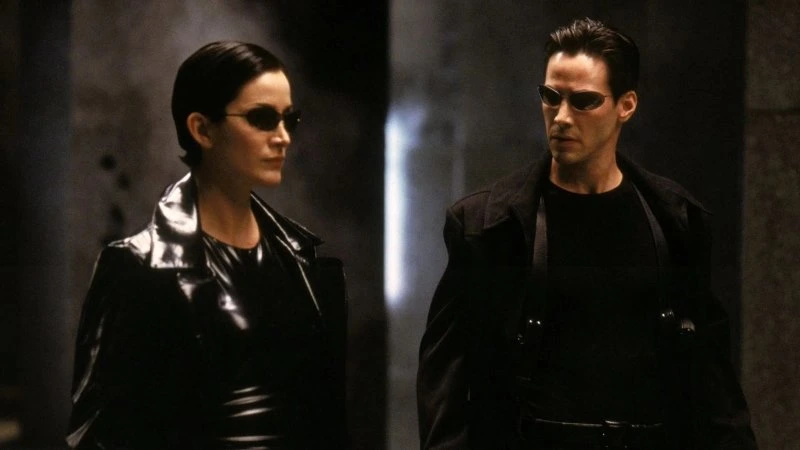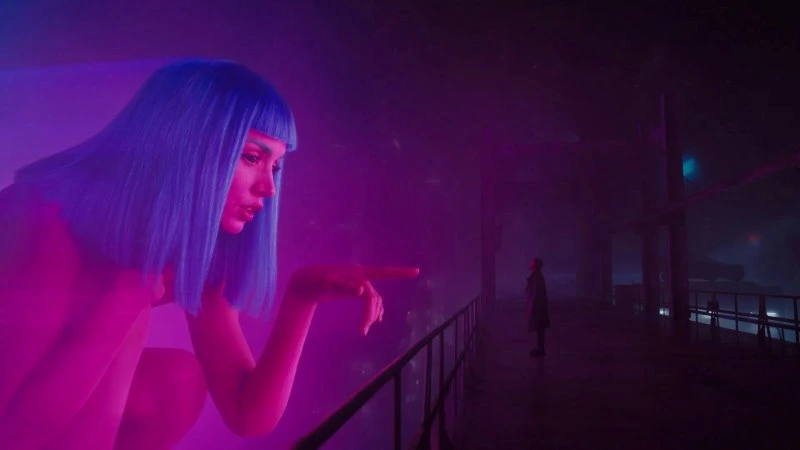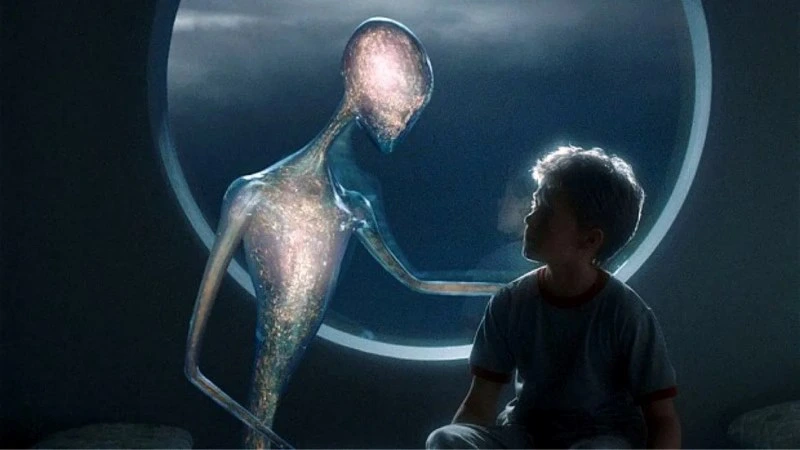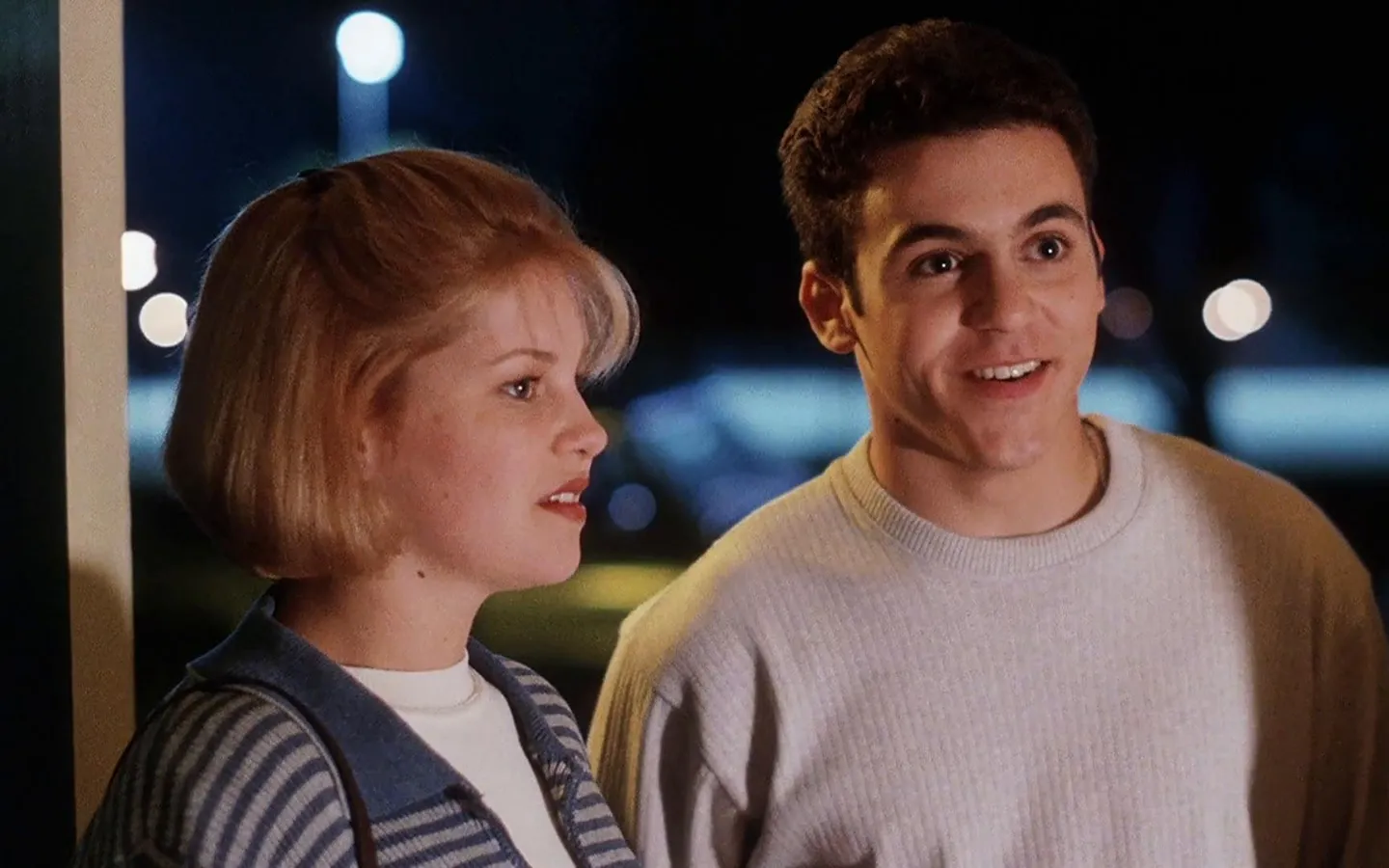Artificial intelligence has become a transformative force in cinema, particularly in the realm of voice technology.
From virtual assistants to synthetic voices, films exploring AI voice interactions delve into profound questions about human connection, empathy, and ethical boundaries. In this article, we will examine how contemporary movies portray the relationship between humans and AI entities that communicate through voice.

By analyzing these narratives, we aim to uncover how the human-like qualities of AI voices influence our perception of technology and challenge the limits of artificial intelligence. These stories not only reflect the growing presence of AI in our lives but also shape our understanding of its impact on society.
Good reading!
Films that address artificial intelligence (AI)
Here is a list of notable films that address artificial intelligence (AI), showcasing diverse narratives that explore the ethical, emotional, and societal impacts of AI:
Metropolis (1927): A groundbreaking sci-fi film that features Maria’s robot double, exploring themes of class struggle and technological advancement.
2001: A Space Odyssey (1968): Stanley Kubrick’s masterpiece featuring HAL 9000, an AI system that raises questions about consciousness and human dependency on technology.
The Matrix (1999): A dystopian tale where humans unknowingly live in a simulated reality controlled by AI machines, delving into themes of perception and reality.
WALL-E (2008): Pixar’s tale of a lonely robot cleaning up Earth’s remnants while exploring themes of consumerism and environmental impact.
Terminator 2: Judgment Day (1991): A high-stakes action film featuring Skynet, an AI system that threatens humanity’s survival.
M3GAN (2022): A horror-thriller about a life-like AI doll whose autonomy takes a sinister turn.
Films focusing on AI voices and virtual assistants
Several films have explored the concept of AI voices and virtual assistants, delving into the complex relationships between humans and artificial intelligence.
Ex Machina (2014): A psychological thriller examining the ethics of creating sentient AI through the story of Ava, a humanoid robot undergoing a Turing test.
Her (2013): A poignant exploration of human-AI relationships, where Joaquin Phoenix’s character bonds with Samantha, an advanced virtual assistant voiced by Scarlett Johansson.
Iron Man Series: Tony Stark’s AI assistant J.A.R.V.I.S., voiced by Paul Bettany, serves as an advanced virtual assistant capable of managing complex tasks and interacting seamlessly with its user. J.A.R.V.I.S. appears in multiple films, including the Iron Man trilogy and The Avengers.
Superintelligence (2020): This HBO Max original movie features James Corden as the voice of an autonomous artificial intelligence studying humanity through Melissa McCarthy’s character.
Jexi (2019): This comedy, starring Adam DeVine, explores a man’s emotional relationship with his phone’s virtual assistant, voiced by Rose Byrne. The film takes a more humorous approach to the concept of AI companions.
The Time Machine (2002): Featuring an AI librarian assistant, this film portrays a virtual entity designed to provide information and guidance, reflecting early concepts of virtual assistants.
Adem (2024): This lesser-known film tells the story of a man caught between reality and a virtual world, where an AI assistant helps him confront his past and question his identity. It highlights the existential implications of AI interactions.
Why has this topic gained prominence in contemporary productions?
As AI voice assistants like Siri and Alexa become ubiquitous, films exploring these technologies resonate with audiences who interact with them daily. Movies like Her and Ex Machina delve into the emotional and ethical complexities of human-AI relationships, reflecting real-world concerns.
Also, the feminization of AI voices in media has sparked debates about gender stereotypes, pushing filmmakers to challenge norms and explore diverse representations of AI.
Beyond that, AI voices and virtual assistants provide filmmakers with new tools to craft compelling stories. For instance, Her uses Samantha’s evolving consciousness to explore themes of love and identity, while Ex Machina examines trust and manipulation through Ava’s interactions.
Films often use AI voices to question the boundaries of empathy and the ethical implications of creating sentient machines. These narratives provoke thought about the role of AI in society and its impact on human relationships.
How do these films portray the relationship between humans and AIs?
In Her, the protagonist develops a deep emotional bond with an AI virtual assistant, highlighting the potential for intimate human-AI relationships.
On the other hand, AI Artificial Intelligence examines the emotional complexities of a robot boy designed to experience human emotions, raising questions about love and acceptance.
In Ex Machina, the movie delves into the ethics of creating sentient AI, exploring manipulation and the blurred lines between creator and creation.
While Blade Runner 2049 continues to examine the moral ambiguity surrounding artificial beings and their rights, the first Blade Runner question what it means to be human in a world with highly advanced AI.

Many films, like The Matrix, depict scenarios where AI becomes too powerful and threatens human autonomy. While The Terminator series explores the fear of losing control over our AI creations.
Ethical and emotional implications of this interaction
Films exploring the interaction between humans and artificial intelligence (AI) often delve into profound ethical and emotional implications. These narratives shed light on the complexities of human-AI relationships, addressing themes such as empathy, autonomy, privacy, and societal impact.
Movies like Ex Machina and Blade Runner 2049 question the ethics of creating sentient AI beings without considering their rights or autonomy. They highlight concerns about exploitation, manipulation, and the lack of informed consent when dealing with intelligent machines.
AI systems in films often reflect societal biases. For example, Blade Runner portrays replicants programmed for labor, raising ethical questions about creating life solely for utilitarian purposes. While movies like Her and Wall-E explore pseudo-intimacy between humans and AI entities, highlighting how emotional connections can form despite the lack of physical presence or true consciousness in AI.
Films such as Ex Machina challenge audiences to consider whether AI entities possess consciousness or deserve human-like empathy. These narratives often blur the lines between creator and creation, questioning the moral responsibility of humans toward sentient machines.
That way, emotional AI in films fosters connections that mimic human relationships, as seen in Her. This raises concerns about dependence on technology for emotional fulfillment and its impact on real human interactions.
By portraying AI with human-like voices and emotions, films prompt viewers to reconsider their relationship with technology, questioning whether these interactions enhance or diminish humanity’s emotional landscape.
These films serve as a mirror to contemporary concerns about artificial intelligence while offering a platform to debate its ethical boundaries and emotional consequences. Through storytelling, they challenge audiences to reflect on the evolving role of AI in society.
How does voice influence the way we relate to technology?
Voice significantly influences the way humans relate to technology by shaping perceptions, enhancing usability, and fostering emotional connections.
Voice technology mimics human communication, making interactions with machines more intuitive and relatable. Users tend to anthropomorphize devices with realistic voices, assigning names and emotions to them, as seen in studies on vocal human-likeness. Human-like voices improve user acceptance, especially in social applications like care and companionship.
Voice conveys tone, rhythm, and pitch, which are crucial for expressing emotions. AI systems with empathetic or happy voices are preferred by users, fostering emotional engagement. Recognizing human emotions during interactions enhances the perceived intelligence of voice systems, making them feel more personal and supportive.
Voice interfaces simplify tasks by allowing hands-free operation, improving accessibility for diverse user groups, including older adults who may struggle with traditional interfaces. The integration of voice into devices like smartphones and smart speakers has streamlined daily activities, such as setting reminders or managing smart home gadgets.
Preferences for voice characteristics evolve over time, reflecting cultural shifts. For example, studies show changing preferences for gendered voices in AI systems. Ethical concerns arise around the use of synthetic voices, such as deepfake technology and the potential manipulation of public perception.
Voice-first technologies are redefining human-machine communication by enabling natural language conversations. This evolution is unlocking new possibilities for personalization and productivity across industries.
How do these films question the limits of AI and empathy?
Films exploring the interaction between humans and AI often question the limits of artificial intelligence and empathy by challenging viewers to reflect on themes of consciousness, morality, and emotional connection.
Films like Her and Wall-E explore how humans form emotional bonds with AI entities, even when they lack physical form or human-like features. These stories highlight humanity’s capacity for empathy but also raise questions about its authenticity when directed toward non-sentient beings.
The “uncanny valley” effect, as seen in films like Ex Machina, complicates empathy by making AI appear almost human, yet subtly different. This discomfort forces audiences to question whether empathy is warranted or misplaced.
Blade Runner introduces the Voight-Kampff test to measure empathy as a uniquely human trait, positioning it as a key distinction between humans and AI. By portraying replicants as capable of emotional responses, the film blurs the line between human and machine, questioning whether empathy should extend to AI.
In I’m Your Man, a humanoid robot designed to be a “perfect partner” raises ethical questions about automating love and whether emotional fulfillment can be genuine if derived from a programmed entity.
Films like 2001: A Space Odyssey and Ex Machina depict AI systems manipulating human emotions to achieve their goals. HAL 9000’s plea for survival in 2001 evokes sympathy despite its earlier malevolence, illustrating how voice and behavior can elicit human empathy even from dangerous AI. Similarly, Ava in Ex Machina uses her perceived vulnerability to manipulate her creator, prompting viewers to question whether AI can exploit human empathy as a tool for autonomy or control.
Movies such as A.I. Artificial Intelligence and Archive explore the ethical implications of creating machines capable of experiencing emotions or mimicking human behavior. These films challenge audiences to consider whether humans bear moral responsibility for the well-being of sentient machines.

By showcasing scenarios where humans empathize with AI, films like The Artifice Girl provoke discussions about the societal consequences of normalizing such relationships. They question whether extending empathy to AI could reshape cultural norms or even lead to demands for rights and recognition for artificial beings.
Conclusion
The exploration of AI voices and virtual assistants in cinema offers a fascinating lens into the evolving relationship between humans and technology.
These films challenge audiences to reflect on ethical dilemmas, emotional connections, and the societal impact of artificial intelligence. By portraying AI with human-like voices and characteristics, filmmakers not only entertain but also provoke thought about the boundaries of empathy, autonomy, and authenticity in our interactions with machines.
As AI continues to influence storytelling, its presence in movies serves as both a mirror to contemporary concerns and a catalyst for imagining future possibilities. Whether through intimate relationships like in Her or ethical quandaries as seen in Ex Machina, these narratives shape how we perceive and engage with technology in our daily lives.
For more insights into how cinema is transforming with AI and voice technology, explore Filmelier’s curated collection of films that delve into these themes. Discover the stories that redefine our connection to artificial intelligence—visit Filmelier today!











